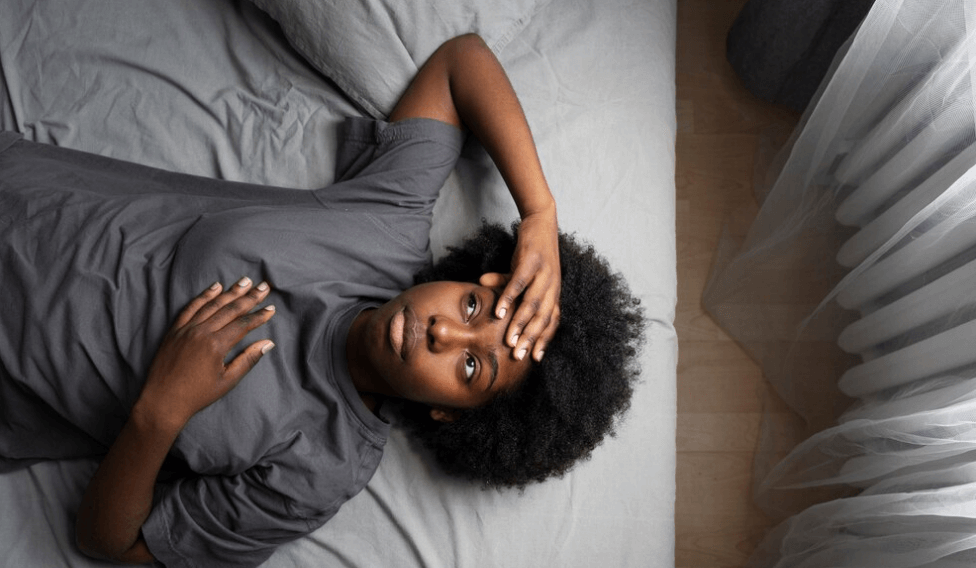We all know that a lack of sleep can leave us groggy, irritable, and unfocused—but new research suggests the effects may go far beyond just personal well-being. Poor sleep, it turns out, might also be nudging people toward believing conspiracy theories.
The Hidden Cost of Sleepless Nights
A new study in the Journal of Health Psychology has discovered that sleep quality is associated with a greater tendency to believe in conspiracy theories.
The connection, according to lead author Dr. Daniel Jolley, an assistant professor of social psychology at the University of Nottingham, could be due to the impact of sleep deprivation on our mental health.
Poor sleep has also been implicated in a heightened risk of depression, anxiety, and paranoia—things that are all strongly correlated with conspiracy beliefs,” Jolley stated.
Within the Study: Sleep and Conspiracies
The researchers conducted two studies. In the first, 540 participants were queried about how well they had slept before reading one of two news reports on the 2019 Notre Dame Cathedral fire.
Some were given a factual report, and others were given a fabricated one that contained a conspiracy theory about the fire. Those who had worse sleep were significantly more likely to believe the conspiracy version of events.
In the second study, an additional 575 people were tested to uncover the psychological mechanisms underlying this association. The findings implicated depression as the strongest mediator of the link between bad sleep and conspiracy theories, followed by paranoia and anger.
Beyond the Bedroom: Sleep and Society
Although the study shows a strong link, researchers caution that poor sleep does not directly cause conspiracy theories. It may be part of a larger cycle. Chronic stress, anxiety, and poor mental health can all influence both sleep habits and susceptibility to misinformation.
Still, it is intriguing to think about the social implications of this connection. When conspiracy theories become mainstream, they can have profound real-world influences—from undermining public trust in science and medicine to hindering action on climate change.
As Popular Science put it, “Believing in conspiracies doesn’t just lead to a new appreciation for tin foil hats—it can undermine a society’s ability to handle real issues.”
Sleep: A Pillar of Mental and Physical Health
Regardless of its role in shaping our beliefs, sleep is vital to our overall well-being. In the view of Dr. Merrill Mitler, a neuroscientist at the National Institutes of Health, “Sleep serves all aspects of our body in one way or another: molecular, energy balance, as well as intellectual function, alertness, and mood.”
Poor sleep has been linked to a range of health issues, including obesity, heart disease, weakened immunity, and cognitive dysfunction.
It also influences problem-solving, concentration, and emotional control—areas where vulnerability to misinformation and conspiracies can get in.
Bottom Line
The moral of the tale? Good sleep might not just make you feel better—it might make you think better and more logically. In a world drowning in misinformation, a good night’s sleep might be one of our most underrated weapons for keeping our feet on the ground.







Leave a Reply